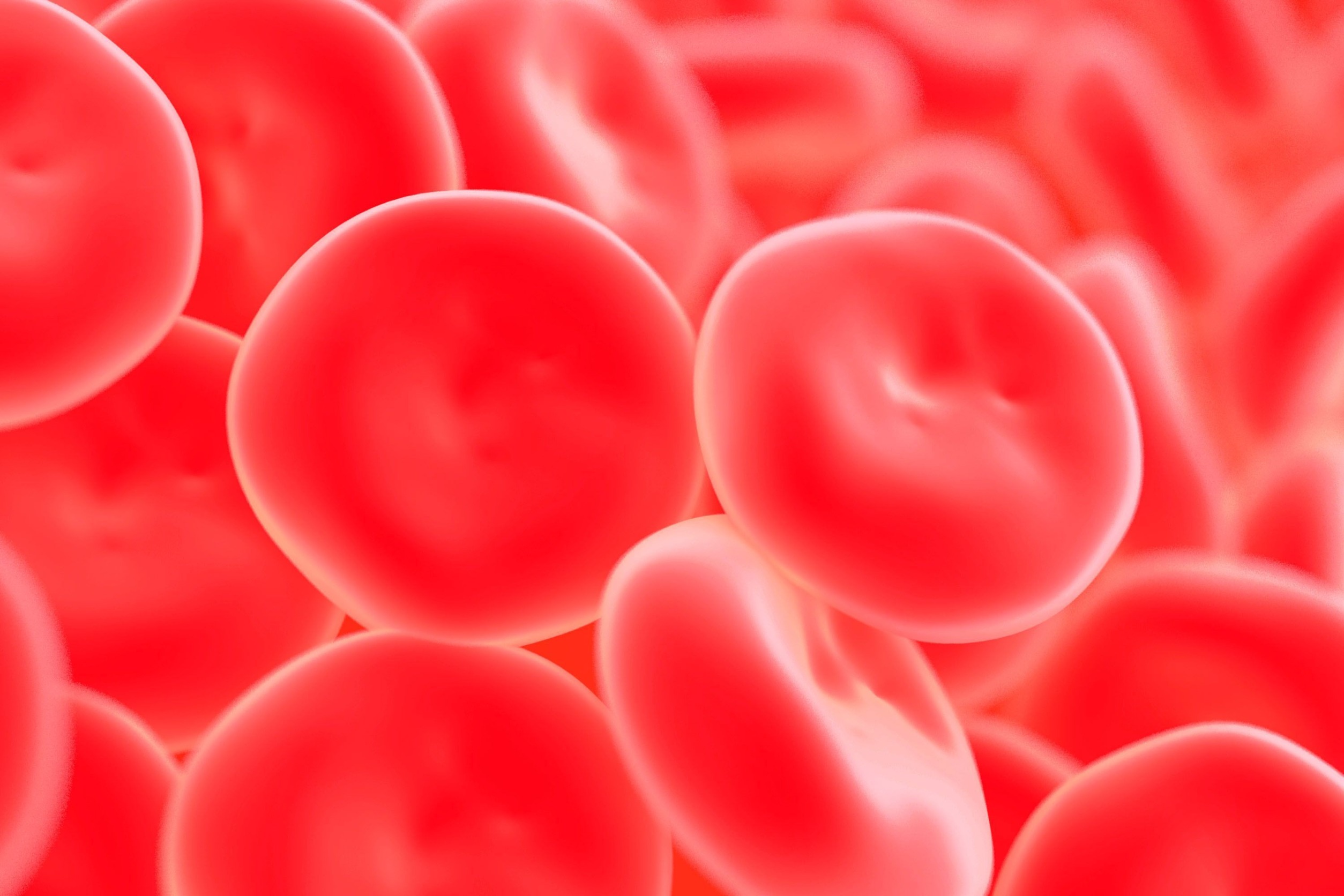NCD Watch
Iron Status
13 August 2024 (Tue)

Iron is an essential nutrient that the body needs for optimal physical growth, neurological development, cellular functioning and production of enzymes. More importantly, iron is a key component of haemoglobin that helps red blood cells carry oxygen from the lungs to the rest of the body. If iron intake and/or absorption is inadequate to meet physical requirements or to compensate for excess blood loss (such as due to menstruation among women of reproductive age), iron deficiency would occur. Progressive iron deficiency can eventually result in iron deficiency anaemia.
Globally, iron deficiency is the most prevalent nutritional deficiency and iron-deficiency anaemia is the most common type of anaemia. In Hong Kong, the Population Health Survey (PHS) 2020-22 conducted by Department of Health (DH) revealed that the overall prevalence of iron deficiency among persons aged 15–84 was 5.7%, whereas that for women of reproductive age (15–49 years) reached 17.5%. According to the World Health Organization’s guideline to assess population’s iron status, iron deficiency in Hong Kong is classified as a mild magnitude of public health problem.
Iron can be found in a variety of foods, such as in the forms of haem iron found in animal products (such as meat, poultry, egg yolks, and seafood) and non-haem iron found in plant-based foods (such as cereals, pulses, legumes, nuts, seeds, fruits and vegetables). In general, adequate iron intake can be achieved by a healthy balanced diet with iron-rich food. Women of reproductive age have a higher risk of iron loss during menstruation and hence a higher daily requirement for iron. They should pay particular attention to their diet to ensure adequate iron intake.
The DH has set up the Working Group on Prevention of Iron Deficiency and reviewed the key survey findings as well as the latest scientific evidence and opined that there is no evidence in supporting routine screening for iron deficiency or universal iron supplementation for asymptomatic individuals at average risk of iron deficiency. The DH will continue to monitor the iron status among the local population, organise health promotional campaigns and work in close partnership with community partners to enhance public awareness about the importance of healthy eating, so as to maintain adequate iron intake and prevent iron deficiency.
Source: NCD Watch August 2024This link will open in a new window






































